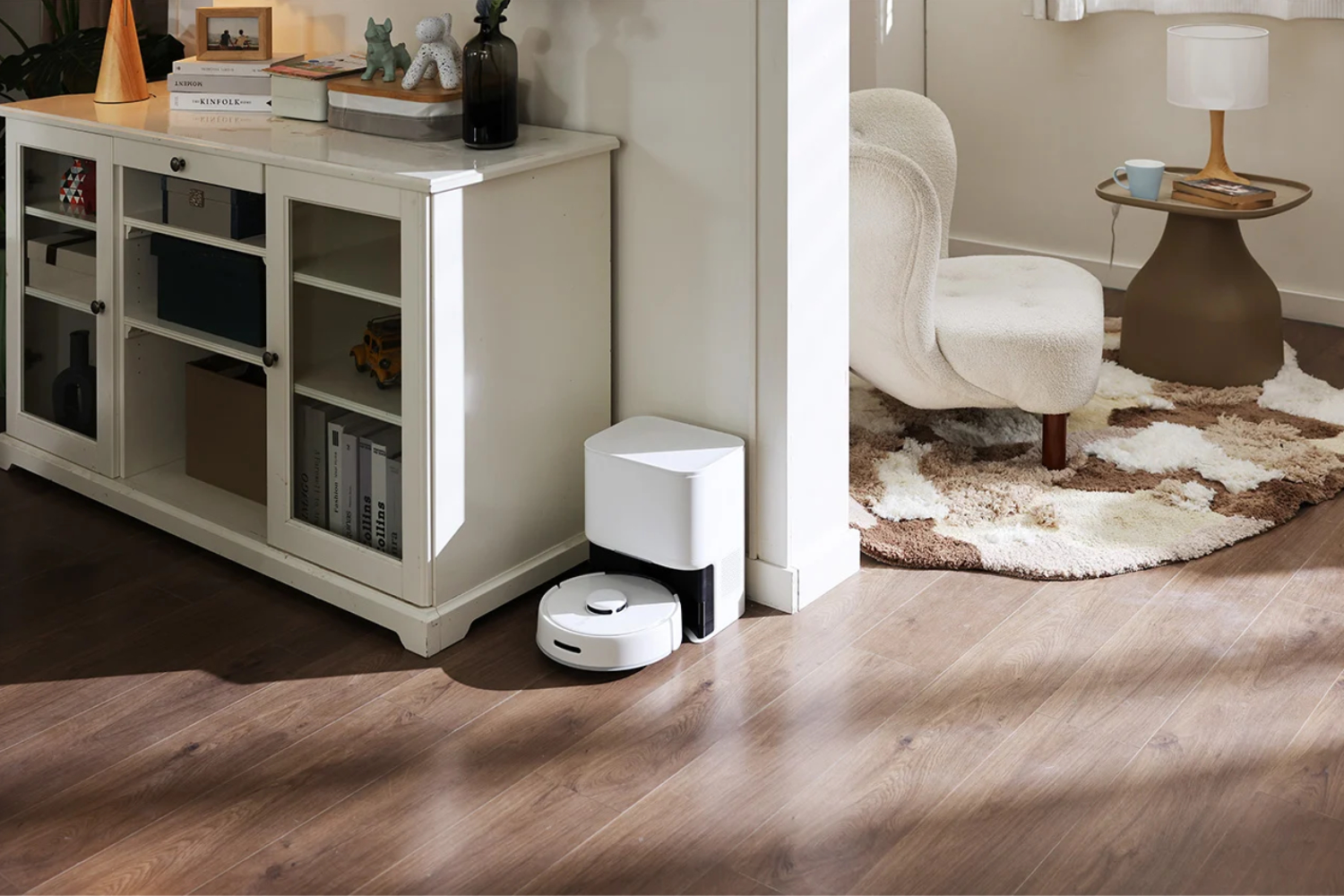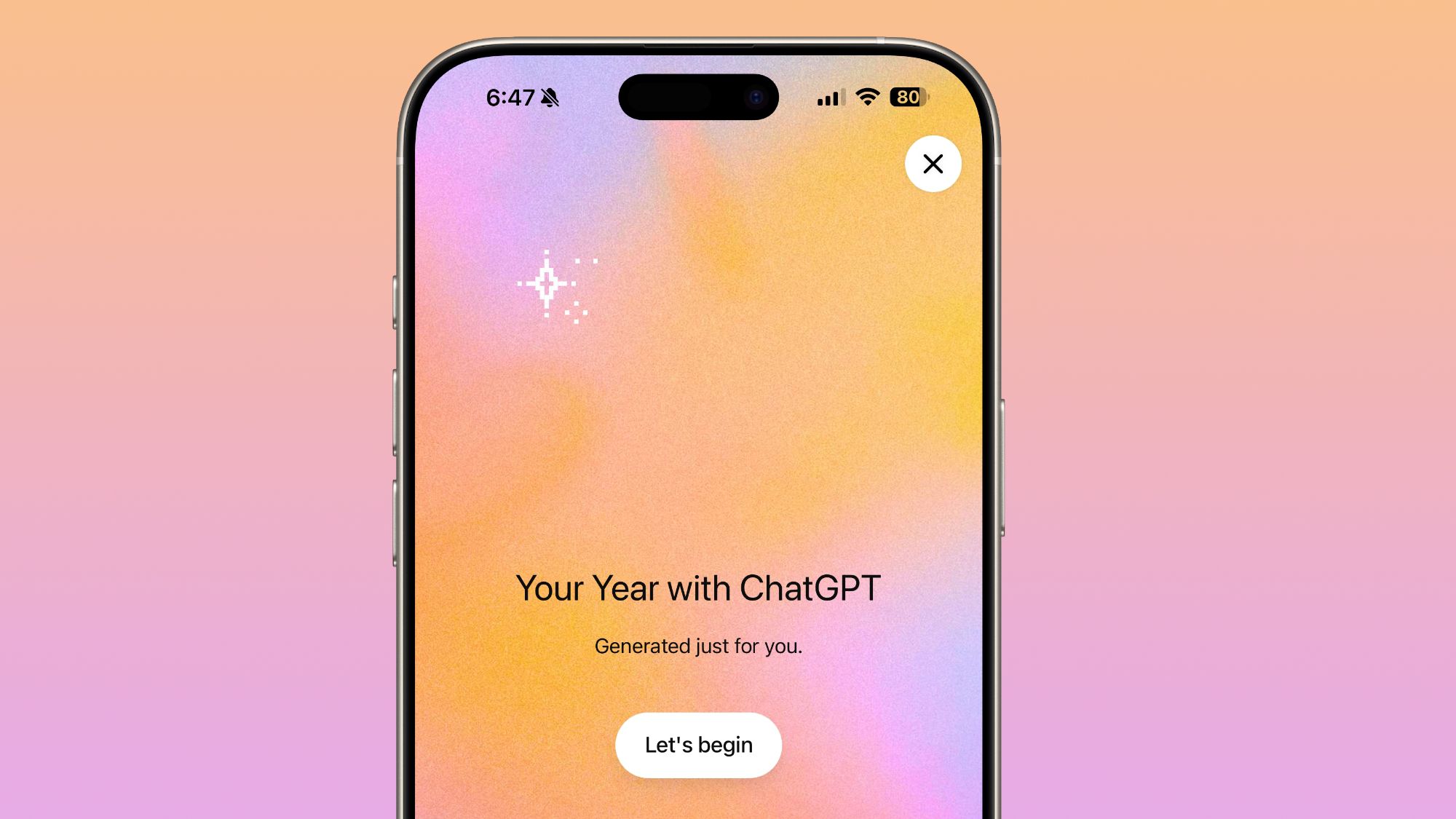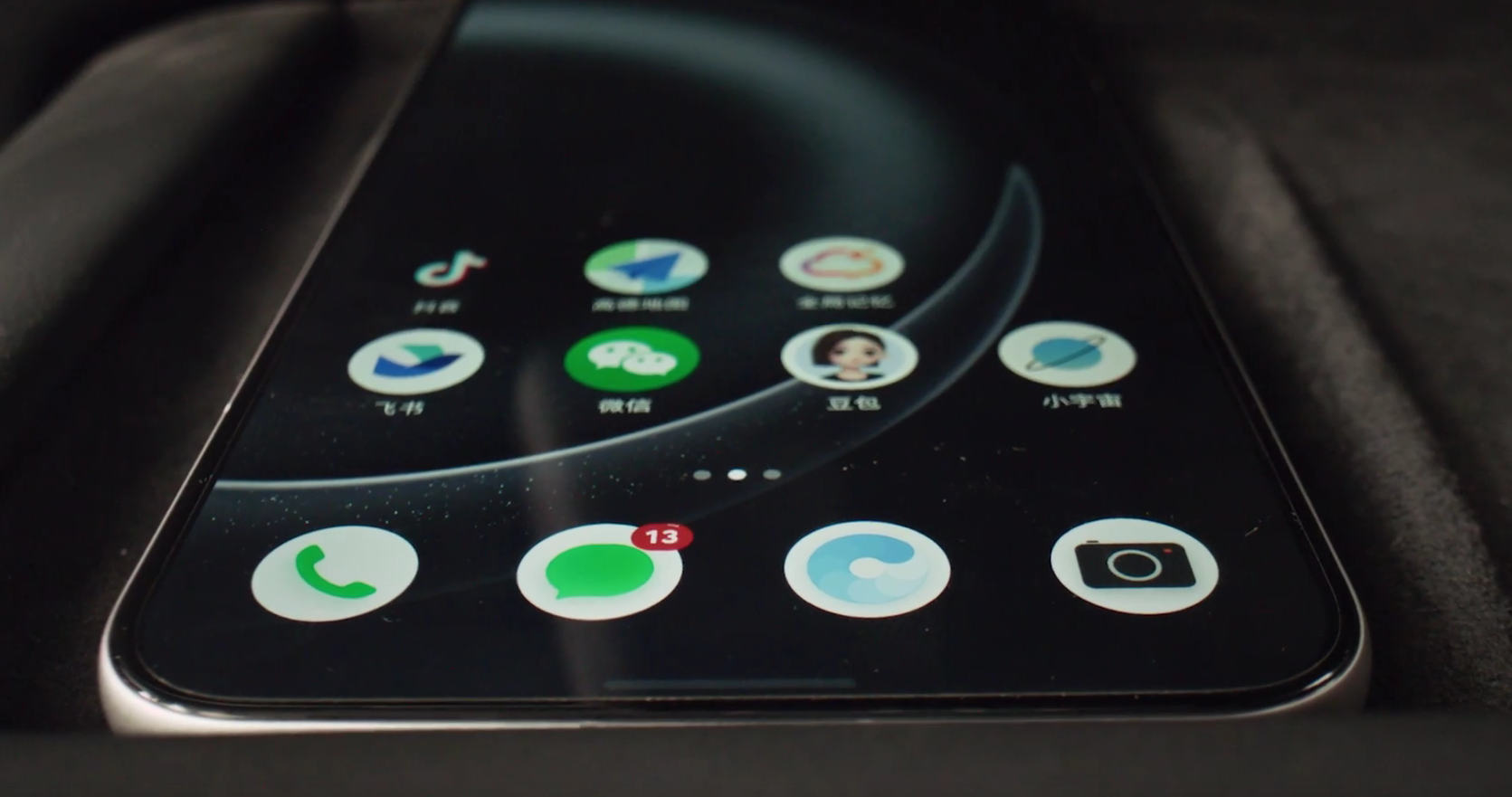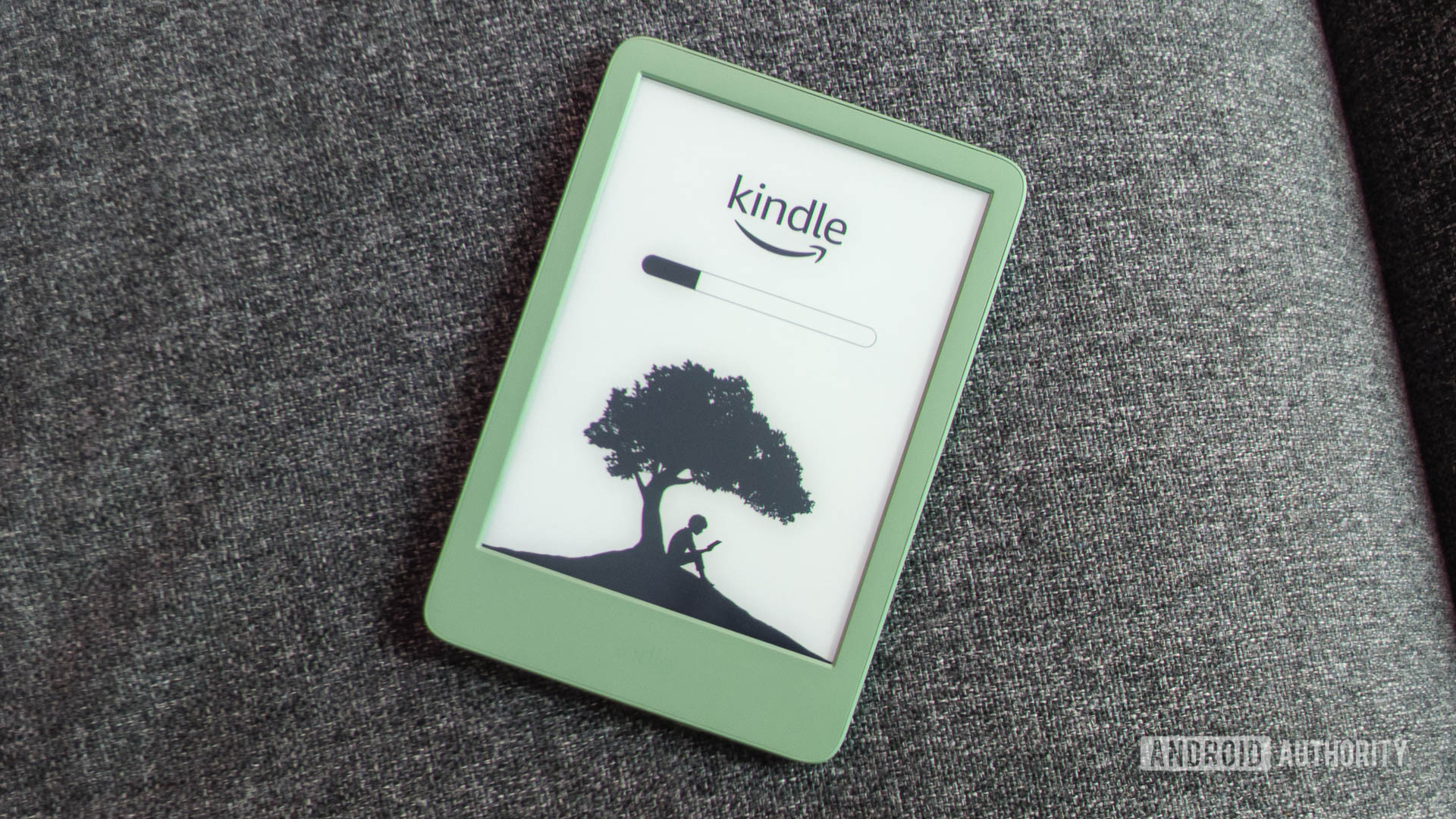Don’t miss out on our latest stories. Add PCMag as a preferred source on Google.
ChatGPT can now run third-party apps, including Spotify, for an experience that OpenAI says is closer to an operating system than an app store.
At its DevDay conference today, OpenAI said the app support goes beyond offering plugins for the chatbot. A key difference is that a user can access the apps within the ChatGPT prompt. This includes displaying “interactive interfaces you can use right in the chat,” the company says.
(Credit: OpenAI)
“The magic of this new generation of apps in ChatGPT is how they blend familiar interactive elements–like maps, playlists, and presentations–with new ways of interacting through conversation,” OpenAI wrote in a blog post.
For example, a user can query ChatGPT to access Spotify to list and play popular tracks from the streaming app. In a demo at the developer conference, the company also showed that a user could access Zillow directly within ChatGPT to search and display property listings.
In addition, ChatGPT can also suggest a user try out an app. The company is rolling out the feature starting today for all logged-in ChatGPT users outside of the European Union, including on free accounts.The first supported apps include Booking.com, Canva, Coursera, Figma, Expedia, Spotify, and Zillow.

Get Our Best Stories!
Your Daily Dose of Our Top Tech News

By clicking Sign Me Up, you confirm you are 16+ and agree to our Terms of Use and Privacy Policy.
Thanks for signing up!
Your subscription has been confirmed. Keep an eye on your inbox!
“What you’re going to see over the next six months is an evolution of ChatGPT from an app that is really, really useful to something that’ll be a bit more like an operating system, where you can access different services, you can access software,” OpenAI’s head of ChatGPT, Nick Turley, said during a Q&A with the press. This will include both existing software and new software “built natively on top of ChatGPT,” which promises to offer a different experience.
Also today, OpenAI revealed that ChatGPT has now grown to over 800 million weekly active users. “I imagine you’re starting your day with ChatGPT,” Turley said. He suggested the chatbot has become an entry point for the web for some users.

(Credit: PCMag/Michael Kan)
The news also raises a question about how ChatGPT will recommend the apps users should run. For now, OpenAI CEO Sam Altman told the press the company doesn’t want to break user trust by recommending unworthy apps. “We’re hyper aware of the need to be careful,” he said.
Recommended by Our Editors
In the meantime, the company is trying to get companies on board by offering a new apps software development kit, which is arriving in preview mode. Users can expect other apps to launch in the coming weeks, including Target, DoorDash, Instacart, Uber, and Uber Eats.
“For Uber Eats, ChatGPT will detect when a user wants to place an Uber Eats order, confirm details like delivery address, and then display nearby restaurant and menu options directly in ChatGPT,” Uber said. “To complete their order, users will then be prompted to launch the Uber Eats app directly from ChatGPT.”
Disclosure: Ziff Davis, PCMag’s parent company, filed a lawsuit against OpenAI in April 2025, alleging it infringed Ziff Davis copyrights in training and operating its AI systems.
About Our Expert

Michael Kan
Senior Reporter
Experience
I’ve been a journalist for over 15 years. I got my start as a schools and cities reporter in Kansas City and joined PCMag in 2017, where I cover satellite internet services, cybersecurity, PC hardware, and more. I’m currently based in San Francisco, but previously spent over five years in China, covering the country’s technology sector.
Since 2020, I’ve covered the launch and explosive growth of SpaceX’s Starlink satellite internet service, writing 600+ stories on availability and feature launches, but also the regulatory battles over the expansion of satellite constellations, fights with rival providers like AST SpaceMobile and Amazon, and the effort to expand into satellite-based mobile service. I’ve combed through FCC filings for the latest news and driven to remote corners of California to test Starlink’s cellular service.
I also cover cyber threats, from ransomware gangs to the emergence of AI-based malware. Earlier this year, the FTC forced Avast to pay consumers $16.5 million for secretly harvesting and selling their personal information to third-party clients, as revealed in my joint investigation with Motherboard.
I also cover the PC graphics card market. Pandemic-era shortages led me to camp out in front of a Best Buy to get an RTX 3000. I’m now following how President Trump’s tariffs will affect the industry. I’m always eager to learn more, so please jump in the comments with feedback and send me tips.
Read Full Bio








